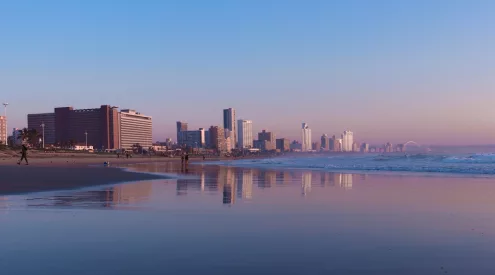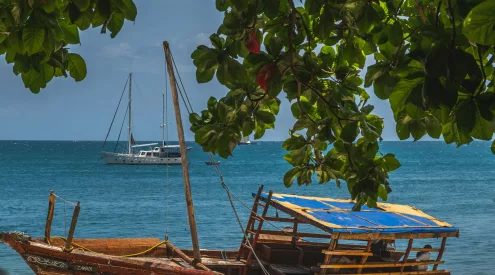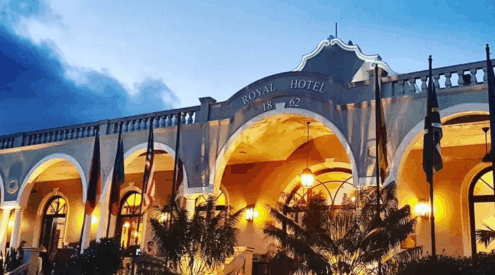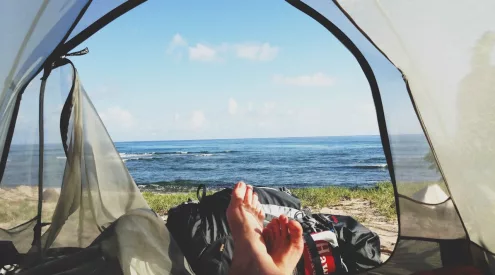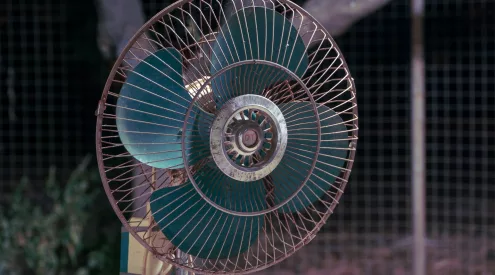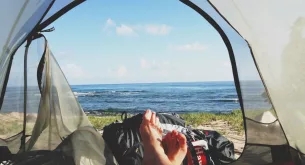Malaria season in Africa typically coincides with rainy periods, varying by region. In South Africa, the malaria season runs from September to May.
ALSO SEE: National Parks Week in September will grant free entry to SA citizens to many parks

Image: Unsplash / Robin Stuart
Here are 8 top tips for staying safe while travelling Africa in Malaria season:
1. Know the risk areas
In South Africa, malaria is endemic in north-eastern KwaZulu-Natal, parts of Mpumalanga, and Limpopo. African countries such as Nigeria, the Democratic Republic of the Congo, Uganda and Mozambique are also malaria areas, as per the World Health Organisation. For a malaria-free safari in South Africa, Wild Wings Safaris suggests Madikwe Game Reserve, Pilanesberg National Park, as well as game reserves in the Waterberg region, or Eastern Cape reserves such as Addo Elephant National Park and Shamwari.
ALSO SEE: The impact of climate change on Safari destinations
2. See a doctor at least two weeks ahead of your trip
If you plan on visiting a malaria area, see your GP at least two weeks ahead of your trip to discuss malaria medications. These medications must often be taken at least a week before your departure to the malaria area. Malaria medication must be taken as prescribed by your doctor.
3. Don’t forget your insect repellent
If you are visiting a malaria area, apply mosquito repellent regularly and especially during dawn and dusk when mosquitoes are most active. Most lodges or hotels in malaria areas do provide guests with mosquito repellent, but it is always safe to pack your own.
4. Wear protective clothing
Choose long-sleeved shirts, pants in light colours, and long socks, if you are visiting a malaria area. This will leave less skin exposed for opportunist mosquitoes to strike.
5. Book accommodation that has mosquito nets
Mosquito nets are both pretty and practical for keeping mosquitos at bay as you snooze. Ensure your accommodation provides bed nets or bring your own that is treated with mosquito repellent.
6. Use air conditioning in your room
When possible, stay in rooms with an AC, as mosquitoes prefer warm, humid environments. Ceiling fans are also effective.
7. Know malaria symptoms
Know the signs of malaria, including fever, headache, sweating, fatigue, muscle aches, and flu-like symptoms. Seek immediate medical attention if you experience these.
8. Keep vigilant post-trip
Watch for symptoms for up to six months after returning home, as malaria can have a delayed onset.
Remember, the risk of malaria is generally lower during the dry months (May to October) and in more remote lodges. While precautions are necessary, don’t let malaria fears prevent you from enjoying your African adventure. With proper measures, you can significantly reduce your risk.
Follow us on social media for more travel news, inspiration, and guides. You can also tag us to be featured.
TikTok | Instagram | Facebook | Twitter

